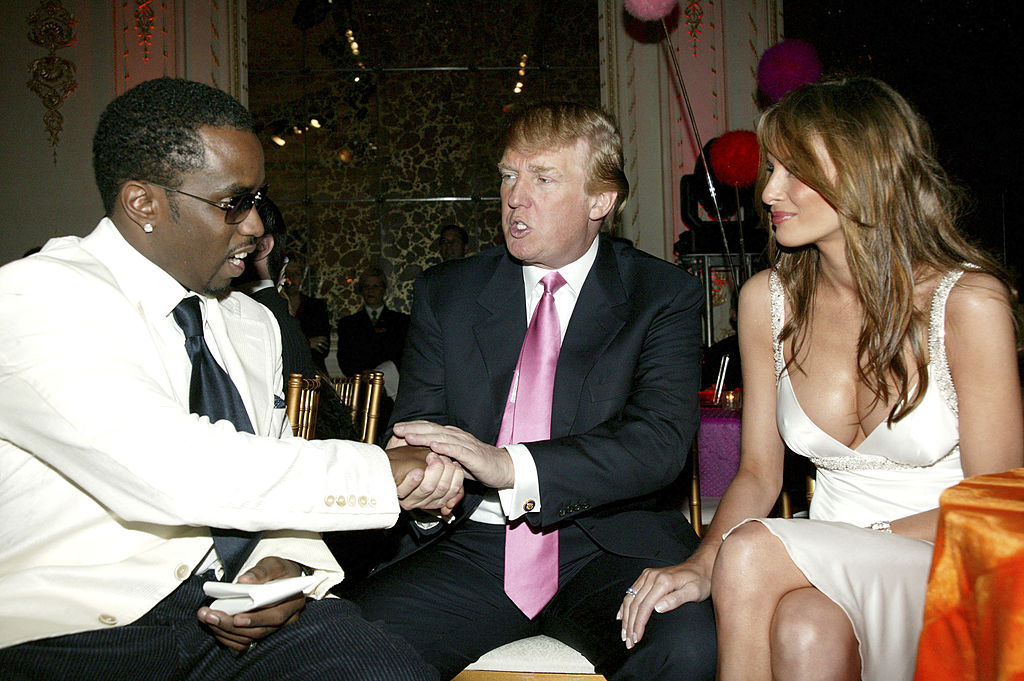
Diddy’s Lead Prosecutor Files Suit Against Trump’s DOJ Over Firing
 6592
6592  65
65 A federal jury acquitted Sean ‘Diddy’ Combs of the most serious charges in his high-profile trial, though he still faces sentencing on a lesser prostitution-related conviction. The verdict marked a turning point in a case that has riveted both the music industry and legal community. At the same time, the government’s lead prosecutor, Maurene Comey, is contesting her abrupt removal from the case—alleging her dismissal was unlawful and politically motivated.
Comey, the daughter of former FBI Director James B. Comey, ranks among the Justice Department’s most accomplished trial lawyers. Her attorneys contend that officials targeted her because of her father’s clashes with President Donald Trump. In a filing obtained by Billboard, her team wrote, “The politically motivated termination of Ms. Comey … upends bedrock principles of our democracy and justice system.” They maintained that federal prosecutors must be able to serve without partisan pressure.
Her lawyers said Comey pressed Manhattan U.S. Attorney Jay Clayton for answers. However, his response offered little clarity. According to their account, Clayton told her the order “came from Washington” without further explanation. This remark has only intensified concerns about political interference in high-profile prosecutions, including that of Diddy.
The Verdict
The trial, which ran more than seven weeks, produced a mixed outcome. Diddy was acquitted of sex trafficking and racketeering charges but convicted on two counts involving the transportation of individuals for prostitution. He is scheduled to return to court for sentencing on October 3.
Comey’s career includes leading roles in significant prosecutions. Among them is the 2021 conviction of Ghislaine Maxwell on sex trafficking charges, which resulted in a 20-year sentence. Her removal from the Diddy case has stirred debate over whether political dynamics are shaping the Justice Department’s handling of prominent trials.
As Diddy awaits sentencing, scrutiny now shifts toward the fallout from Comey’s firing. The controversy has widened the conversation beyond one defendant’s verdict. It raises sharper questions about prosecutorial independence and the resilience of the justice system under political strain, with Diddy’s case at the forefront.


